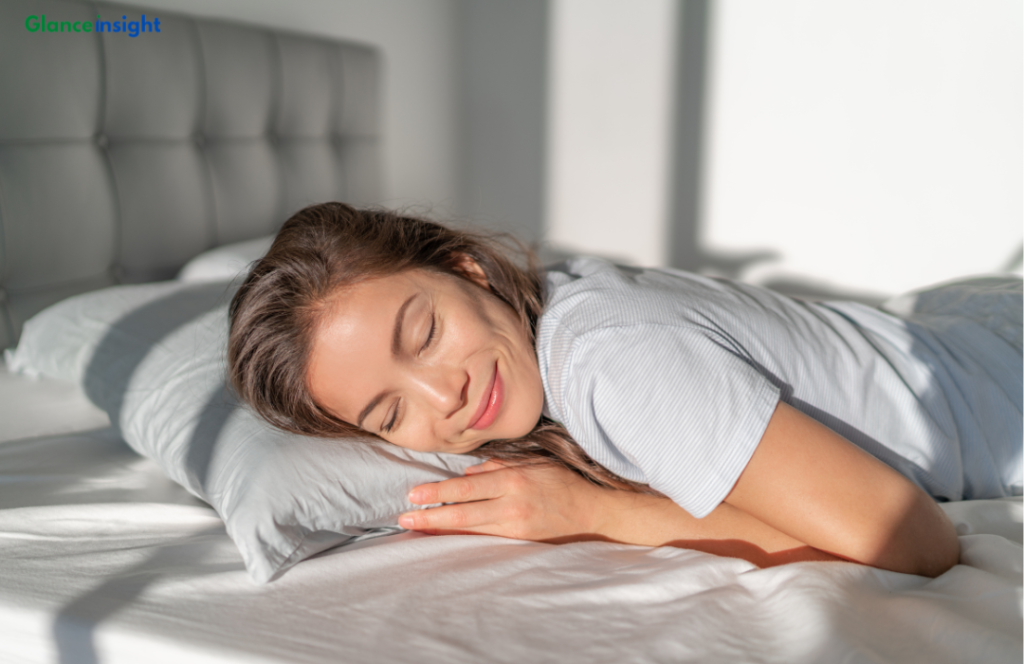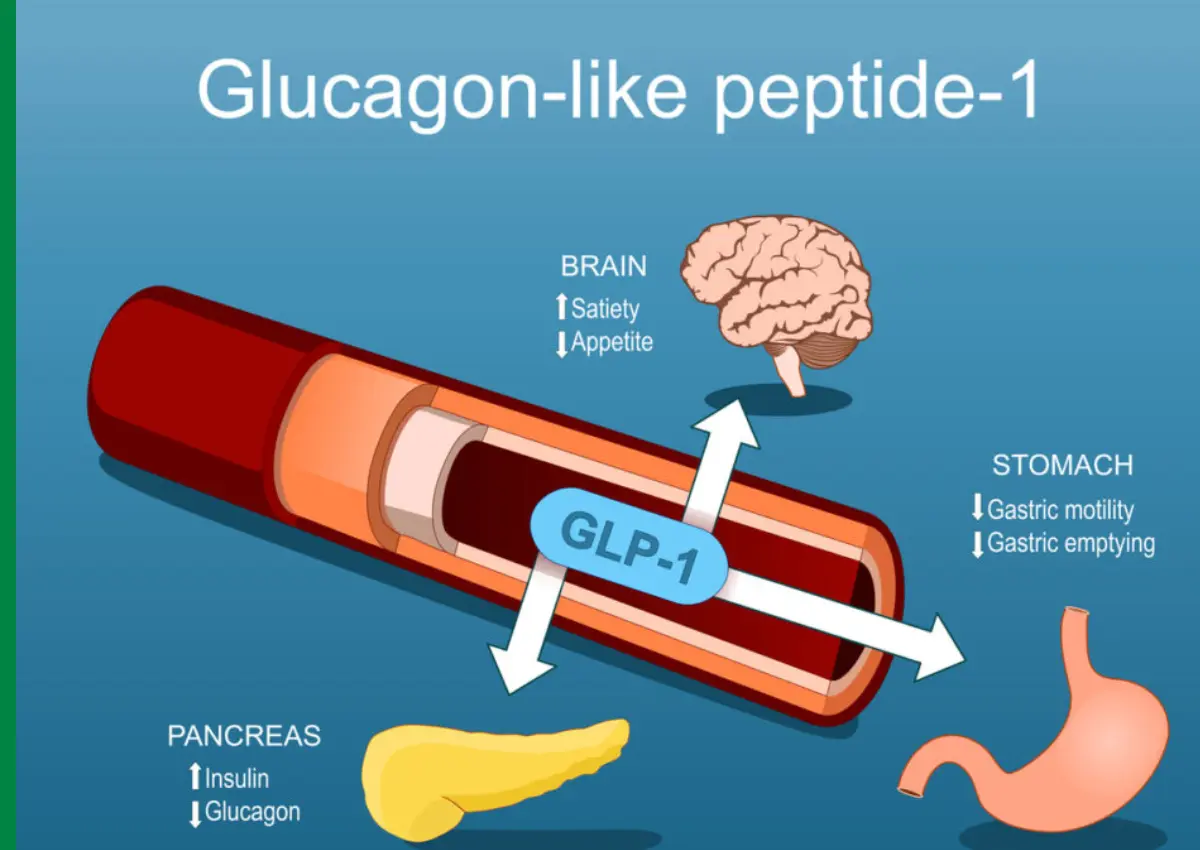A better sleep is very important for a human’s health, concentration, and productivity during a specific day. However, only a small proportion of adults manage to get the 7-9 hours of sleep as is recommended. Factors like irregular schedules, stress, and some habits impact the quality of sleep.
Some people take pills for better sleep; that is not good for your health so avoid pills and apply natural ways.

Importance of Constant Sleep Routine.
The most effective strategy about sleep hygiene is to maintain a regularity for going to bed. This practice, also called sleep hygiene, focuses on measures needed to construct the environment and arrange the timing of the night’s sleep.
Make a bedtime routine and stick it on your board or wall. It will help you to know about your sleep time. And getting better sleep is the best for your health.
Follow some steps:
| Steps | Description |
|---|---|
| Limit caffeine and heavy meals before bed | Caffeine and heavy meals can raise heart rate and stimulate digestion, making it harder to fall asleep. |
| Avoid screens an hour before bed | Light from screens, especially blue light, can reduce melatonin levels, impacting the ability to fall asleep. |
| Keep your room cool and dark | Maintain a bedroom temperature of 60-67°F (15-19°C). Turn off your room light and create a dark environment. |
| Reduce noise levels | Use earplugs in noisy area. |
| Invest in a quality mattress and pillow | Use a better pillow and comfortable mattresses. |
Cognitive Behavioral Therapy for Insomnia (CBT-I)
CBT-I helps you to create a positive association with sleep and reduce anxiety, which can improve sleep quality and duration of sleep.
This therapy includes several techniques:
Sleep restriction: Sleep efficiency would be increased when one spends less time in bed than necessary.
Stimulus control: This method is an extension of the directive to use your bed solely for sleep and eliminate other practices, for instance, television viewing and eating while in bed.
Cognitive restructuring: This technique has a way of dealing with thoughts that give anxiety concerning sleep, thus developing the right mindset.
Physical Activity for better sleep
For better sleep, do physical activity like exercise. Exercise helps you to get better sleep. And avoid intense exercise when you go to bedtime. Late exercise will increase your heart rate and increase the body temperature.
Mindfulness meditation for relaxation
Stress is one of the leading causes of sleeplessness and anxiety and doing a mindfulness meditation can help to ease you into relaxation.
Focus on deep breathing: Firstly, you have to relax and take deep breaths, exhaling slowly.
Improving muscle relaxation: Start by tensing and relaxing the muscles of each group from toes to head.
Guided meditation apps: There are available applications such as Calm, Headspace, or Insight Timer that have various trails for meditations that will let you relax.
Healthy Eating as a Way to Improve Night’s Sleep
| Steps | Description |
|---|---|
| Avoid caffeine in the afternoon | Caffeine is addictive and stays in the body for 5-6 hours after consumption, affecting sleep quality. |
| Avoid alcohol during bedtime | Alcohol can initially cause sleepiness but disrupts restful sleep throughout the night. |
| Take sleep-promoting foods | Including foods with magnesium and melatonin in your diet can help improve sleep quality. |
The Role of Natural Light for sleep
Morning light helps to reduce your chances of developing sleeping disorders.
Get morning sunlight exposure: Stand every day in sunlight after waking up in the morning and make sure sunlight touches your skin. Stand for a minimum of 10 to 30 minutes.
Conclusion
The following are natural ways of improving sleep, which involve creating signals that your body needs to rest. This means going to sleep and waking up at the same time, creating the right atmosphere, reducing stress, exercising, and eating the correct foods so as not to use any drugs to sleep.



